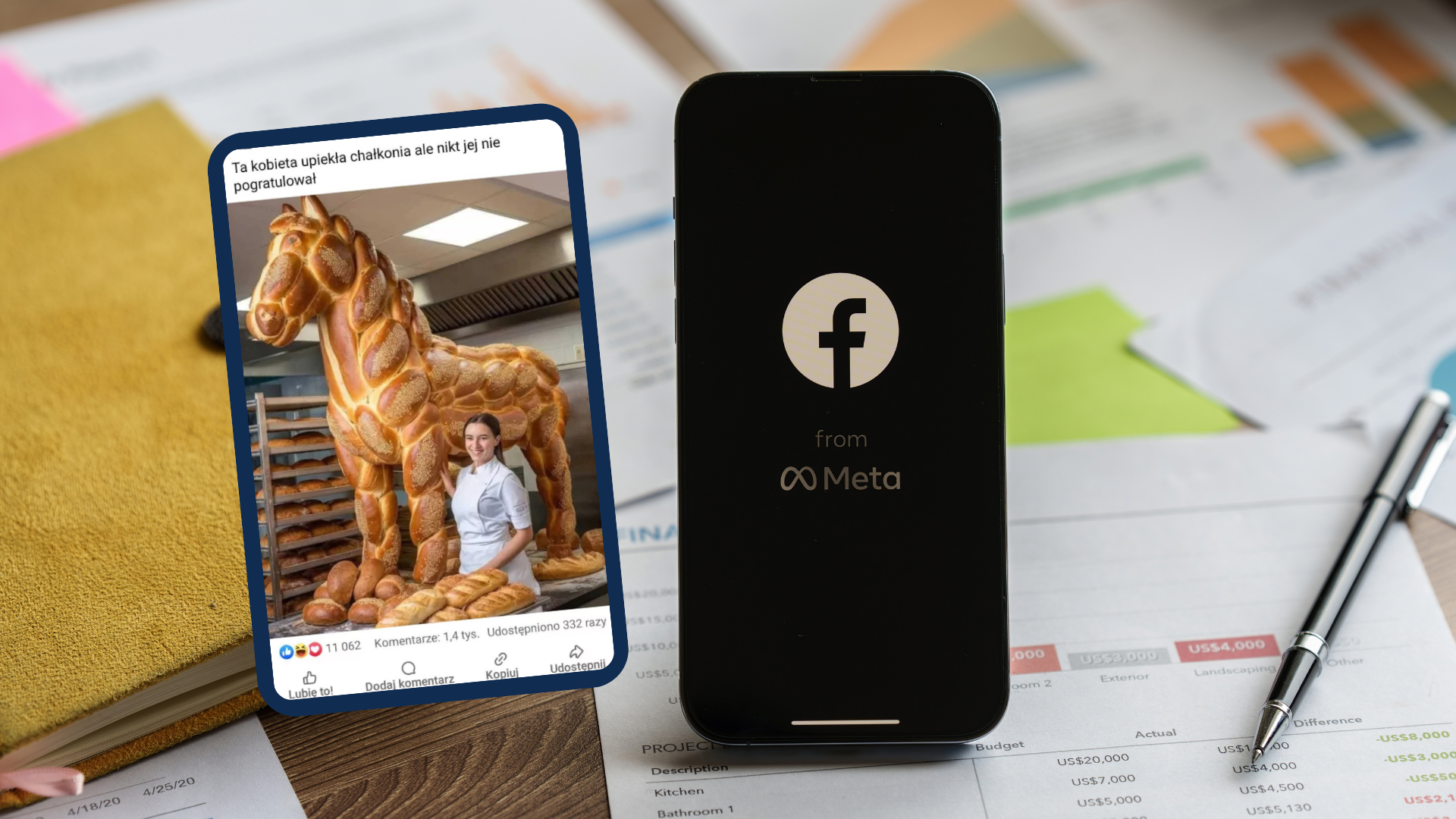Originality.ai conducted a study that analyzed 8855 Facebook posts published between November 2018 and November 2024. Each of the surveyed posts contained at least 100 words. The results show that 41.18% of this content was generated by AI language models. A particular increase was noticed after the introduction of ChatGPT in 2023, when the number of such posts increased 4.3 times.
One of the examples of the AI use presented in the study report was a post promoting Indian art, in which the characteristic introduction, typical of ChatGPT, was not removed. This kind of situation shows how easy it is to identify AI-generated content when it is not properly adjusted before publication.
Growing use of AI in media
The use of AI in social media has many benefits. Algorithms can personalize content, tailoring it to individual user preferences, which in turn increases audience engagement and satisfaction. AI offers tools that help marketers to more effectively manage advertising campaigns, enabling precise targeting and real-time data analysis.
However, the growing presence of AI in content creation raises some concerns. Automation can lead to a loss of authenticity in communications and foster so-called “information bubbles,” where users are exposed mainly to content that conforms to their preconceived beliefs. In addition, there are risks associated with misinformation when AI is used to create fake news or deepfakes. Moreover, AI can, over time, use content that it previously created as sources for new publications, leading to the natural replication of misinformation contained in those sources. People, however, are unaware of this process because the language models cite the sources, which gives false reassurance to the users of these tools. Very few of them choose to verify these sources.
Khalkon does not exist, but it can be dangerous
Examples of the growing problem of spreading AI-generated content on social media platforms can be found everywhere, one of them being the recent trend of congratulating children who supposedly baked a “challah horse”. Of course, none of these fake events ever happened, and the photos included in posts on hastily created Facebook pages were generated by AI, which can be often recognized at first glance because of the unnatural-looking hands or a mismatched number of fingers. Dr. Ilona Dabrowska, a media expert at Maria Curie-Skłodowska University in Lublin, points out that the creators of such content not only want to attract attention, but also test the reactions of Internet users, checking their susceptibility to manipulation. The purpose of these activities may be to build false identities, obtain personal information, and ultimately – phishing.
To make matters worse, not every such scam is directly related to data theft. The main goal can be also building the reach of Facebook pages: posting posts that elicit pity and encourage comments (interaction), leads to the creation of a large audience. Often these actions are aimed at very specific groups, such as senior citizens, who engage with the content presented to them on Facebook. This is especially important when we talk about the potential dangers of influencing the opinion of Internet users – for example, in the context of the upcoming presidential elections in Poland.
Artificial intelligence-generated content, such as “challa horse” images or fake videos, act as preliminary tests for broader manipulative activities. According to Dr. Dabrowska, such content often serves as a tool to build the credibility of fake profiles on social media platforms. This allows scammers to manipulate users, including children, teenagers and seniors who are unable to spot false information. These self-learning algorithms accumulate huge amounts of data, which allows them to mimic reality more and more effectively, thus deceiving others. Deficiencies in digital education leave many users vulnerable to online manipulation, despite familiarity with modern technology. Seniors in particular, despite owning smartphones, often fail to recognize online scams.
Sources: innpoland.pl, morebananas.pl, businessinsider.com.pl, salon24.pl






